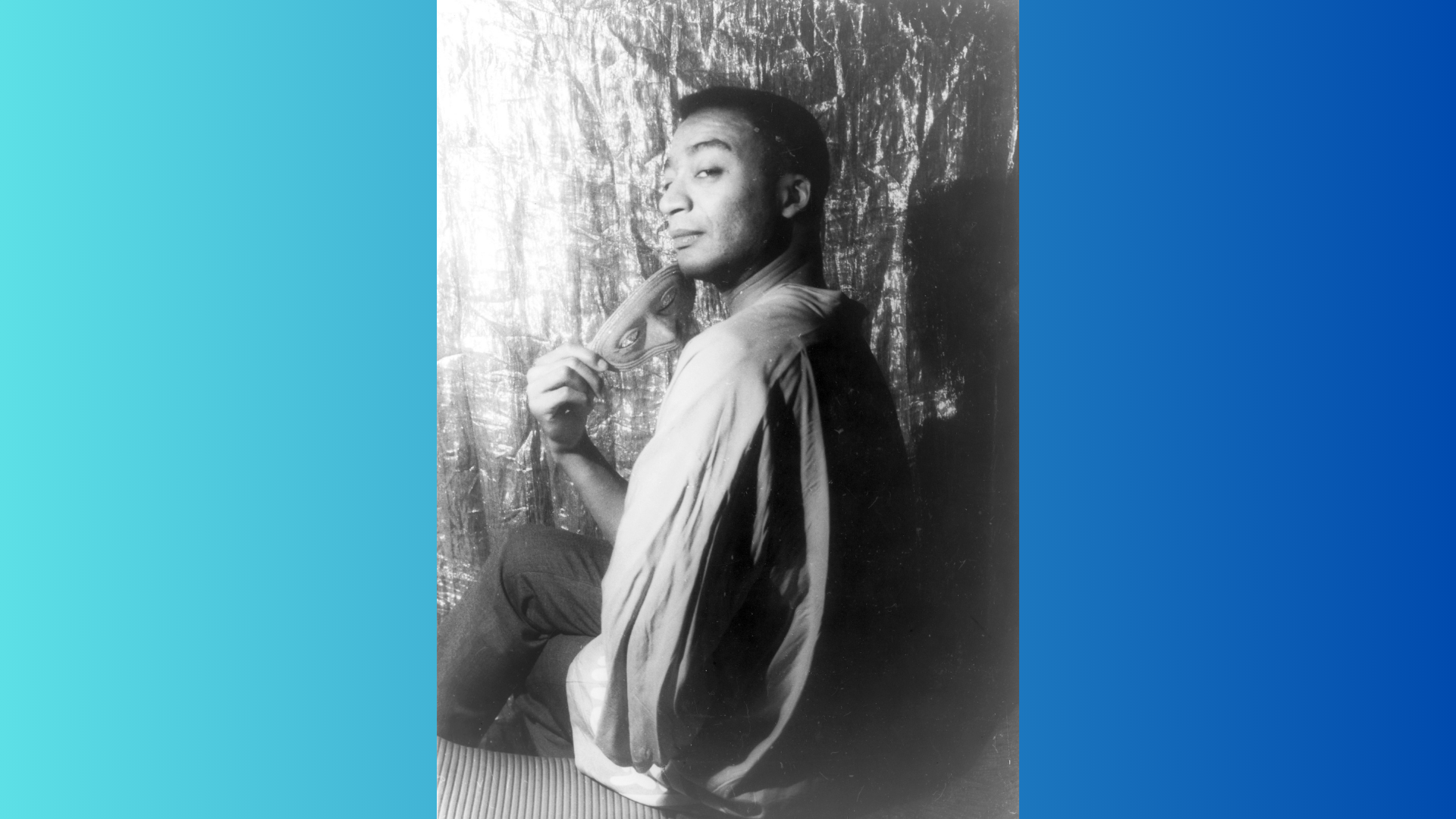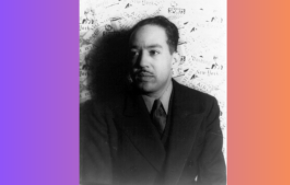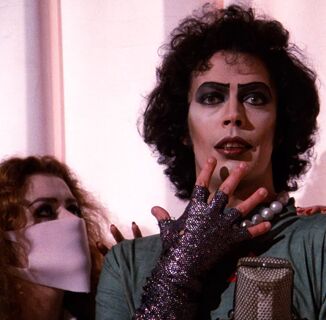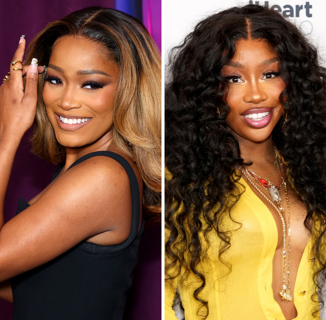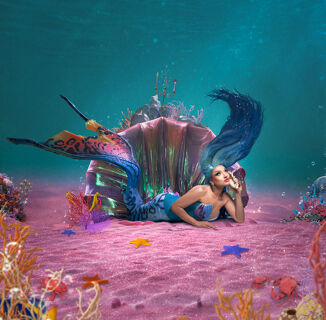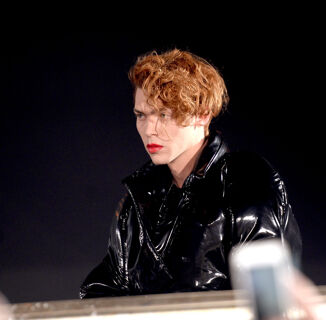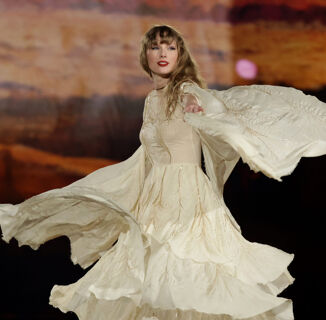If you’ve never heard the name Henry Van Dyke before this year, you’re not alone. Van Dyke—a Black, queer 60s writer whose debut novel Ladies of the Rachmaninoff Eyes garnered praise from the likes of James Purdy and Iris Murdoch—wrote four novels, and they haven’t been in print for decades. The reasons for this are many, but as Van Dyke’s nephew Erik Wood writes in his introduction to McNally Editions’s new reprint of Ladies of the Rachmaninoff Eyes, it has to do in large part with readers’ expectations, then and now.
“What readers did not expect from a young Black novelist [in the 1960s]—certainly not one who was Black and gay,” Wood writes, “was that he should take his worth for granted, that he should shrug off the gay thing with nonchalance, or acknowledge racial hostility without a flash of rage, or that he’d choose the drawing room over the street, parody over satire, camp over tragedy, Rachmaninoff over the blues.”
Related:
In his first novel, Langston Hughes sang a song of himself
Langston Hughes wrote about his complicated, painful youth in his first novel, Not Without Laughter.
In Ladies, Van Dyke achieves something tremendous: he creates a hilariously funny novel out of a set of decidedly not-hilarious subjects. Van Dyke’s story concerns the lives of three people, principally. There’s Etta Klein, a Jewish widow mourning the suicide of her son Sargeant, Etta’s former housekeeper, now roommate Harriet Gibbs, a Black woman both frustrated and obsessed with Etta, and Harriet’s 17-year-old nephew Oliver, a Black gay teen preparing to leave rural Michigan for Ithaca College in the fall.
Entertainment with an edge
Whether you’re into indie comics, groundbreaking music, or queer cinema, we’re here to keep you in the loop twice a week.
But before Oliver leaves, he spends one final, fretful summer with the ladies as they prepare to host a seance with a flamboyant warlock which they hope will answer a few questions about Sargeant’s death. Oliver is against the idea from the start, and it’s through his sharp, dry, and unapologetically queer perspective that we see the action unfold. The action, of course, is not much, until suddenly the novel revvs up in its final chapters to present us with a kind of Grand Guignol tragedy. By the time Oliver leaves home, he’s not leaving much behind except his memories of the two odd women who formed the background of his adolescence.
He’s also gotten some much-needed answers about his own identity. Though Oliver can’t yet admit his own queerness to himself, we can see it everywhere. He turns down multiple offers of sex from Della, Etta and Harriet’s housekeeper and the only other Black person in their lives, and when it’s revealed (spoiler alert!) that Sargeant’s death was a response to his being spurned by a comely young man, Oliver senses that their experiences of love and sex are more connected than he perhaps thought at first.
But the queerest thing about Oliver is the satirical distance he places between himself and the action. In Oliver’s razor-sharp view, everyone is an absurd pretender, tiptoeing around the real subjects in favor of trying to keep things light and cordial. It takes no more than reading Oliver’s description of an awkward run-in with Sargeant’s brother Jerome’s wife Patricia to understand why Oliver has erected this distance between himself and the world. Patricia has dropped a curtain rod while talking to Oliver, and:
“Somehow, as the rod tumbled to the floor it snagged her stocking at the knee, leaving an ugly spurt of blood and pulling the stocking down, down over the calf of the leg, where it ended in a pool around her ankle. I t was a cruel misfortune, that pool of stocking around her ankle, for the stocking surrounded it in such a—a—well it was so irrevocable, that act of her stocking. I never knew before that an inanimate object could be so impertinent, so petulant, so grandly hideous. Its silent spoke now—hushed in that flabby nylon pile around her ankle and foot. To me, and I’m sure to her, the blood at her knee was remarkably insignificant; it was that pool of nylon that froze our stares.”
Objects, rooms, and even outdoor settings are impertinent and grandly hideous throughout Ladies, to often hysterical effect. There is much of the DNA of Truman Capote and Gore Vidal in the bitchy grandeur of Oliver’s monologues, and Van Dyke’s influence can be felt in contemporary writers like Percival Everett and Sam Lipsyte. Because to create a character like Oliver, you have to be deeply in tune not just with the laughable absurdity of the world, but the tragic sadness of it as well. As a young man forced to keep company exclusively with elderly women and tragic gay men, Oliver needs his hard-won satirical viewpoint. He needs to establish some kind of barrier between himself and the events that threaten to make of him an active participant in the silly struggles of the straight, white people around him, rather than an amused spectator. Because if everything is impersonal and nothing is truly meaningful, the world becomes a comedy rather than a tragedy, and who wouldn’t prefer to see things that way?
That’s Oliver’s triumph, ultimately, and the triumph of the book. For a story that deals so much with deal, dying, and the pain of desire, it shouldn’t be as hilarious as it is. But as it is, it’s the rare read that’s both thrillingly suspenseful and absurdly funny.
Van Dyke’s masterpiece is finally back in print, but its follow up, a sequel to Ladies of the Rachmaninoff Eyes titled Blood of Strawberries, still remains trapped in obscurity. Hopefully McNally Editions will re-release it soon: there’s never been a better time to rediscover a novelist of such rare and enjoyable talent. ♦
Help make sure LGBTQ+ stories are being told...
We can't rely on mainstream media to tell our stories. That's why we don't lock our articles behind a paywall. Will you support our mission with a contribution today?
Cancel anytime · Proudly LGBTQ+ owned and operated
Read More in Entertainment
The Latest on INTO
Subscribe to get a twice-weekly dose of queer news, updates, and insights from the INTO team.
in Your Inbox

